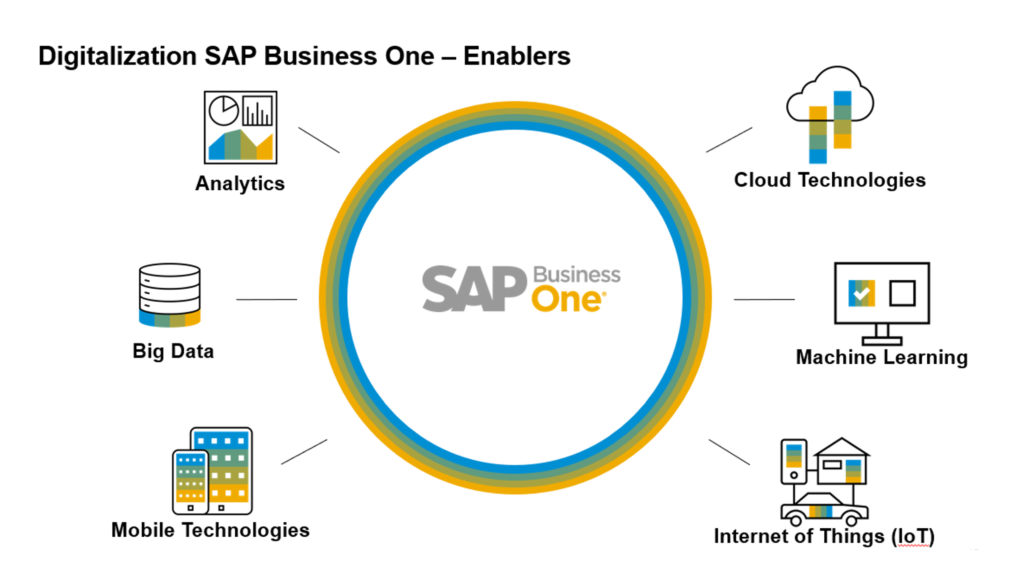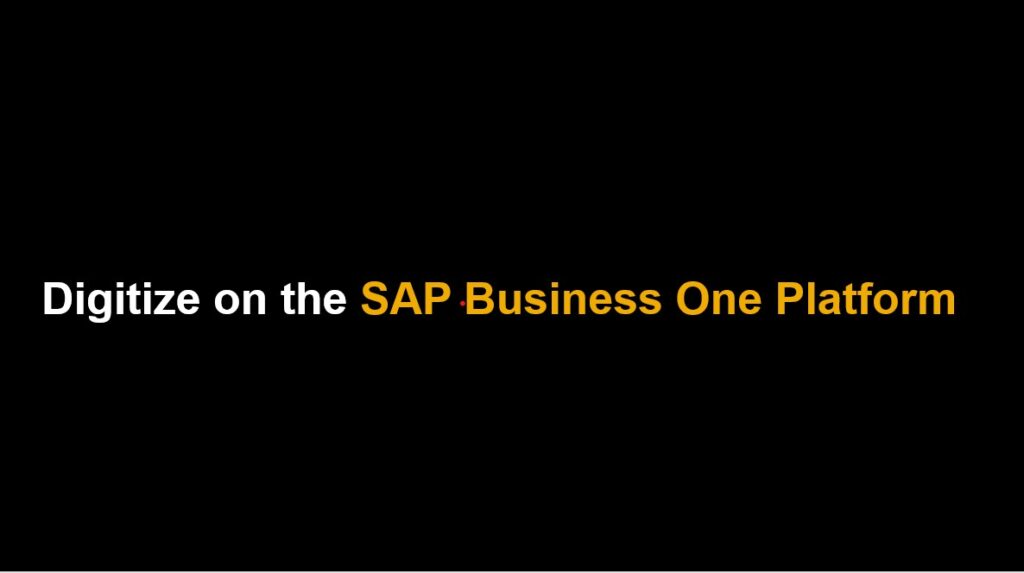Introduction:
In the fast-paced world of business, small and medium-sized enterprises (SMEs) face constant challenges to remain competitive and efficient. One of the fundamental aspects in managing an SME is operational efficiency, and in this sense, the lack of an ERP (Enterprise Resource Planning) system can be a significant disadvantage. An ERP is a set of applications and tools that integrate and manage data and business processes on a single platform. In this blog, we will explore in detail the challenges faced by SMEs that have not adopted an ERP system and how this tool can help overcome them.

I. Lack of visibility of data and processes.
Lack of visibility into business data and processes is a critical issue for SMEs that do not use an ERP system. This means that they do not have a complete, real-time view of what is happening in their company. Depending on manual or disconnected systems to track information, SMEs face several problems:
Lack of Updated Information: Decision making becomes complicated, since there is no updated data on sales, inventory, orders, etc.
Management Errors: The lack of accurate information can lead to inefficient resource management and suboptimal decisions.
Delayed Responses: Failure to identify issues in a timely manner, resulting in delays in problem resolution and customer satisfaction. An ERP system addresses these challenges by centralizing data from across the company into a single database. This provides a real-time view of processes and operations, which in turn allows for informed and rapid decision-making.
II. Inefficiency in inventory and production management
Inventory and production management is a crucial aspect of any SME, and the lack of an ERP system can lead to significant inefficiencies:
Excess or Deficiency of Inventory: Without adequate control, companies can end up with excess inventory that takes up space and ties up capital or, on the other hand, with insufficient inventory that results in a lack of products to meet demand.
Quality Problems: Lack of tracking can lead to quality problems in production and poor returns management.
Elevated Warehousing and Logistics Costs: Without a clear view of demand and inventory levels, warehouse and logistics costs can increase.
An ERP system makes inventory management easier by providing real-time tracking, reorder alerts, and production planning tools, which helps avoid these problems.

III. Errors in accounting and finance.
Accounting and finance are critical areas for the success of any SME. Without an ERP system, companies may face:
Accounting Errors: Manual entry of accounting data increases the risk of errors and omissions in financial reports.
Billing and Collection Delays: Billing and collections can become slower and less efficient without a centralized platform.
Difficulty in Tax Compliance: Complying with tax regulations and submitting accurate reports is more complicated without proper tools.
An ERP system automates accounting, providing an accurate view of the company’s finances, helping to avoid errors, speeding up billing processes and improving reporting.

IV. Problems in human resources management
Human resources (HR) management is essential for employee well-being and operational efficiency. Without an ERP, SMEs may experience:
Difficulty in Payroll Management: Payroll processing can become complicated and susceptible to errors.
Inefficient Work Hour Tracking: Manual tracking of hours worked is inefficient and error-prone.
Lack of Internal Communication: The lack of an HR management system can make communication and collaboration between employees and departments difficult.
An ERP system offers HR modules that simplify payroll, manage time tracking, and promote collaboration, improving efficiency and employee satisfaction.

V. Lack of scalability and limited growth.
Lack of scalability is a common problem for SMEs that do not use an ERP. They may experience:
Difficulty in Expansion: Adding new locations or lines of business can be complicated without a scalable platform.
Inefficient Processes with Growth: As the company grows, manual processes can become inefficient and difficult to manage.
Competitive Disadvantage: Lack of scalability can limit the ability to compete in the market.
An ERP provides a solid foundation for growth, allowing SMEs to expand seamlessly and adapt their processes as they evolve.
VI. Security and regulatory compliance.
Data security and regulatory compliance are essential. Without an ERP, companies may face:
Risk of Security Breaches: Lack of adequate security measures can put sensitive information at risk.
Regulatory Compliance Challenges: Complying with regulations such as GDPR or HIPAA can be a challenge without proper tools.
Impact on Reputation: Security breaches or regulatory non-compliance can damage the company’s reputation.
An ERP includes advanced security features and helps in managing regulatory compliance, protecting the business and its reputation.

VII. Conclusion: Why your SME needs an ERP.
In short, the lack of an ERP system can negatively impact an SME’s operational efficiency, decision making, inventory management, accounting, HR management, scalability, security and regulatory compliance. Implementing an ERP offers a comprehensive solution that addresses these challenges and provides a solid foundation for long-term growth and success.


